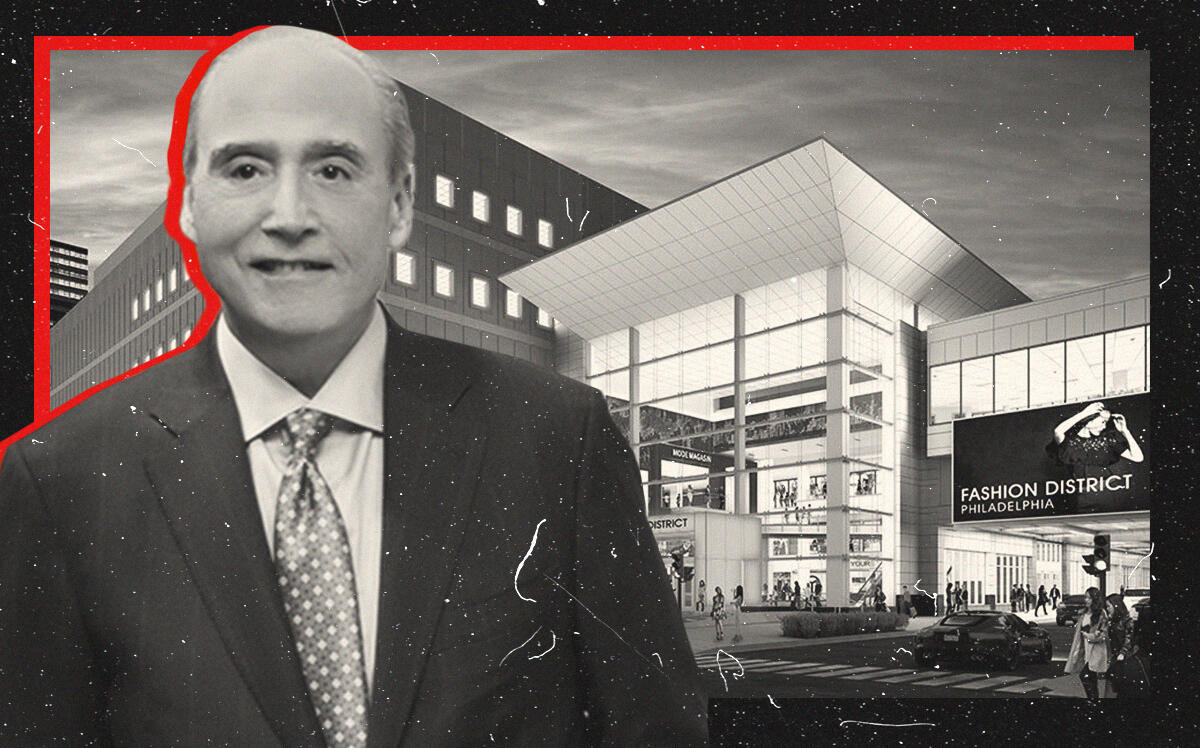Pennsylvania Real Estate Investment Trust is getting kicked off the New York Stock Exchange, the latest blow to the struggling mall operator that went through bankruptcy two years ago.
The exchange announced Thursday afternoon that it would immediately suspend trading of PREIT’s shares and begin the process of delisting the stock after the mall owner failed to maintain a market capitalization of at least $15 million.
Representatives for the Philadelphia-based landlord did not immediately respond to a request for comment.
The company’s stock was priced at about $2.40 per share late Thursday afternoon, a far cry from its lofty peak of more than $700 a share in 2005.
Read more


The firm, headed by CEO Joseph Coradino, owns 22 malls concentrated mainly in the Mid-Atlantic, most of which are considered B-quality properties.
PREIT had struggled along with other low-quality mall owners as online shopping and changes in consumer trends put pressure on second-rate shopping centers. PREIT had been working on a strategic plan to improve its portfolio when the pandemic hit and lockdowns forced it to close its malls.
The company filed for bankruptcy in 2020 and emerged a little more than a month later. But rather than reducing its debt, the REIT took on more loans and kicked the can down the road by extending its maturities.
PREIT said last week that it had the minimum $35 million liquidity requirement and debt-to-loan ratio required to extend its first- and second-lien credit facilities for another year.
